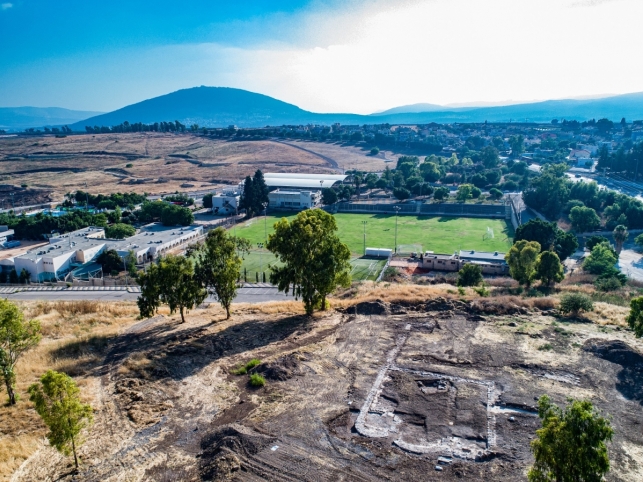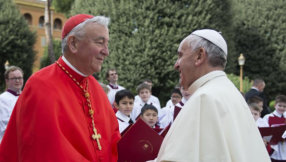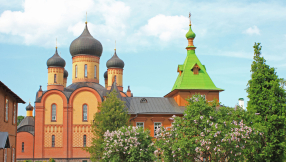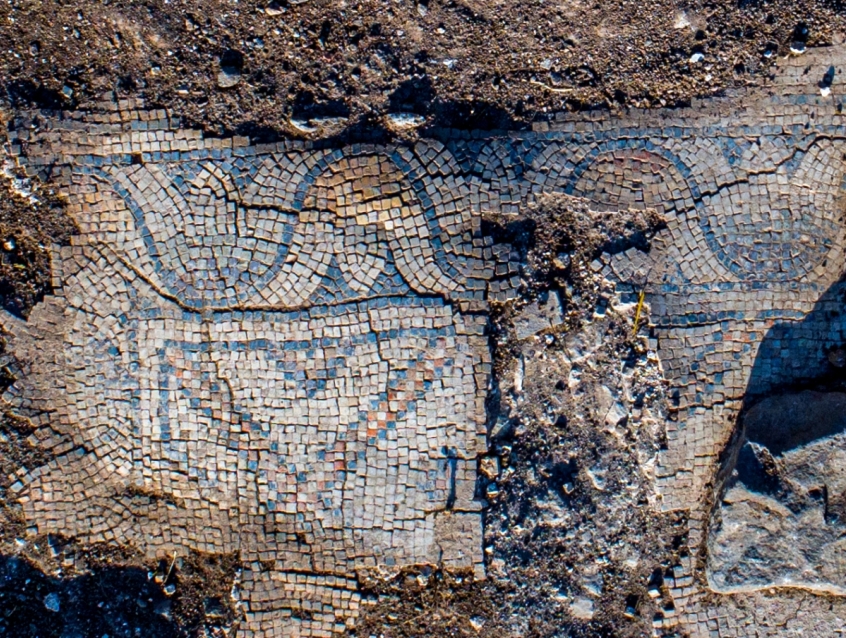
A 1,300-year-old church has been discovered by archaeologists near the Sea of Galilee.
The church measures 12m by 36m, and may have been part of a monastery.
It was unearthed during excavations being carried out by the Israel Antiquities Authority (IAA) in the village of Kfar Kama, situated halfway between the southern tip of the Sea of Galilee and Nazareth, where Jesus grew up, and north-east of Mount Tabor, the traditional site of the Transfiguration.
Archaeologists found a large courtyard, a foyer and a central hall, parts of which were decorated with ornate mosaic floors.
They also unearthed a small stone reliquary.
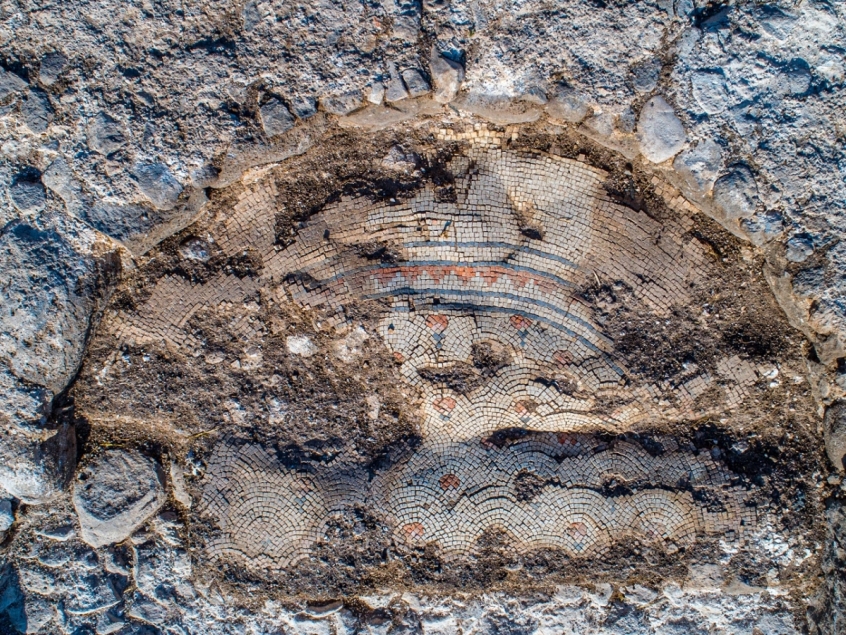
Lead archaeologist Nurit Feig said: "Particular to this church is the existence of three apses, while most churches were characterized by a single apse.
"The nave and the aisles were paved with mosaics which partially survived.
"Their colourful decoration stands out, incorporating geometric patterns, and blue, black, and red floral patterns."
A series of additional rooms has been partially uncovered adjacent to the church, while ground-penetrating radar has revealed that there are more rooms below the ground, supporting the theory that the large complex is a monastery.
It is the second Byzantine church to have been discovered in Kfar Kama. In the 1960s, archaeologists excavated a smaller church dated to the first half of the sixth century.
Archaeologist, Professor Moti Aviam, said: [The site dug in the 1960s] was probably the village church, whilst the church now discovered was probably part of a contemporary monastery on the outskirts of the village."
The present excavations are part of a wider research project on Christian settlement in the Galilee being carried out by Prof Aviam and Dr Jacob Ashkenazi, both of the Kinneret Institute of Galilean Archaeology.
"The new discovery hints at the apparent importance of the Christian village settled in the Byzantine period close to Mount Tabor, a site of primary religious significance for Christianity, identified as the site of the Transfiguration," the IAA said.
